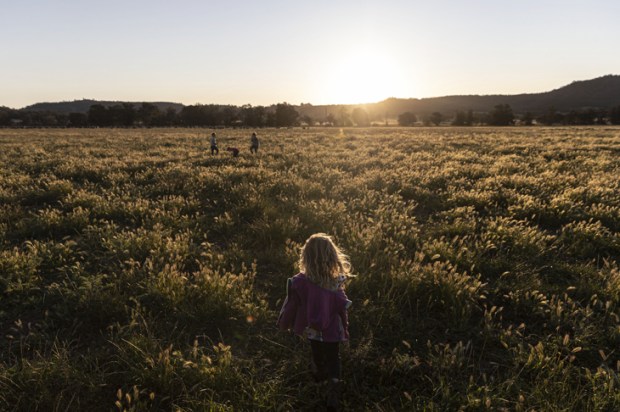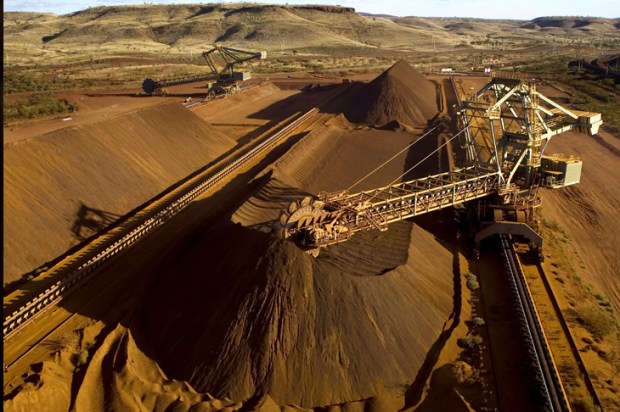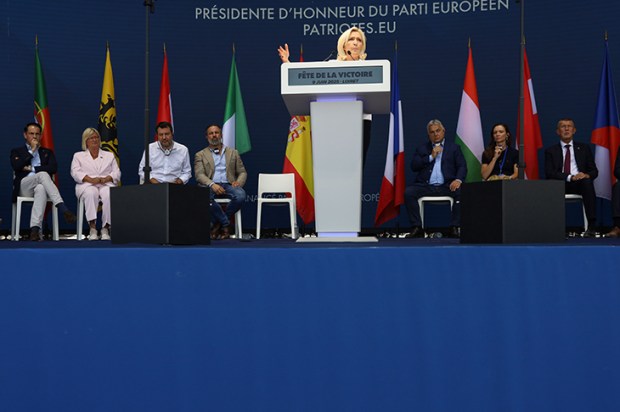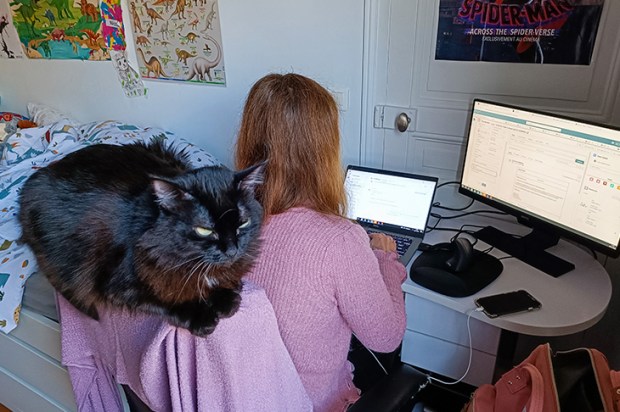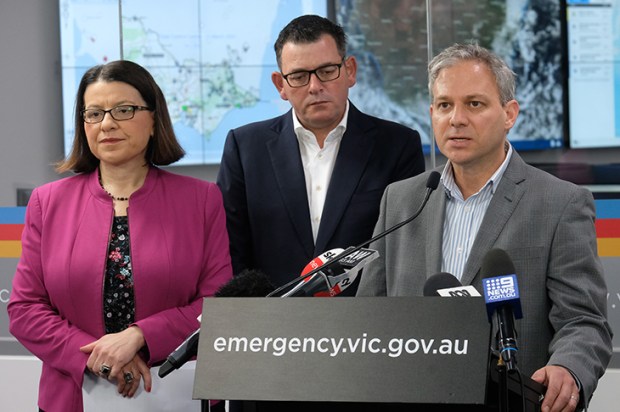I still puzzle as to why the leftist media loves to call me an ‘heiress’. My dad’s estate was bankrupt and he’d sold most of his shares in our company and spent almost all the proceeds while still alive. Even more puzzling is how the leftist media seem to think that once the government awards tenements to a mining company, it’s easy pickings – after doing nothing much but digging a few holes, they seem to think that the money flows in. The reality is that the vast majority of tenements never make it to become mines. As Blind Freddie knows, that means no cash flowing anywhere but out.
Last year was a challenging one for our primary industries, with more and more interventions from the government, and many of those living in the city not understanding the import or cost of these interventions.
In agriculture, it’s no longer dangerous fires, droughts and floods that are the main problem, it is the man-made problems. Government-made ones.
Onerous regulations restrict farmers from being able to protect their families, staff, pets, homes and investment from bushfires because governments dictate firebreaks of inadequate dimensions.
Governments also dictate the building of vast tracts of solar panels, wind farms, and transmission lines to traverse farming land. It is estimated by the IPA that one-third of prime agricultural land could be at risk. What do governments and the media think this will do to the price and availability of fresh food? Perhaps some of these renewable eyesores could be placed in city parks, rivers and on city beaches to give inner-city folk a better idea of their visual and physical impact; but of course there’s no chance of that happening because that’s where the majority of voters live.
And although farmers are upset, and frightened by the fire risks posed by solar panels, and don’t like the bird-killing wind turbines being placed on their properties, this is just the prelude to the impossible financial burden awaiting them under net-zero policies. For a typical outback station to replace, for instance, all its existing vehicles with electric vehicles (EVs) will cost the owner between approximately $10.4 and $11.5 million, not to mention whatever compliance fines may be levied. Some of the EVs required haven’t even been produced yet.
But there’s more. If your station has, say, fifty windmills, which are essential to get the daily water that stock need to survive, and you are required to change those to solar pumps at $70,000 a pop, that’s another $3.5 million.
And it doesn’t stop there. Stations run on diesel-fuelled generators, so if you change them to solar panels you will also require expensive giant batteries. And as farmers well know, the sun doesn’t shine at night.
How many farms and stations will be able to pay for all this? How many farmers and pastoralists could afford net-zero policies, without a mining company in their back pocket?
Blind Freddie can see, all such costs and more of net zero would need to be passed onto city folk.
Will inner-city voters still be happy when forced to eat inferior quality food coming from overseas that is not as fresh as they have long been used to, and not produced with our clean air and water, nor to our high environmental and health standards?
When primary industries are forced to carry onerous government burdens, Blind Freddie knows the costs must be passed on to consumers. In the case of local councils, higher costs ultimately mean higher rents and fewer services.
Then there’s payroll tax. If you think it doesn’t affect you, that it’s just something businesses pay, well guess what? As Blind Freddie knows, that cost is also passed on to you.
And even if you don’t own a car, the excise on fuel adds to inner-city costs because everything consumed requires transportation, and that requires fuel. It’s hard to think of anything that isn’t touched by the government’s fuel excise. Committing to abolishing this ‘nasty tax’ would help immensely with the rising costs of living.
Australians are dealing with the rising cost of food, energy, fuel, housing and so much more. Yet too often, rather than helping to alleviate these pressures, government policies add to them.
Take our pensioners, the vast majority of whom are sadly going through distressing times. How we can do this to our elderly is beyond me. They should be allowed to work if they want to, and as often as they want to, without upper limits on hours, and without onerous, complicated paperwork, and discriminatory rates of tax imposed on them simply for trying to improve their living standards.
My blood boils that our veterans, who have served our country, many risking their lives, are also faced with complicated paperwork, and unfair discriminatory taxes if they work hours beyond what is okayed by the Canberra bureaucracy. It means that many live in poverty, even homelessness, thanks to government restrictions on how long they can work.
As for our uni students, they need real work to build up experience and so they can save money to buy a safer car, or put towards a home. Students should also be permitted to work as many hours as they wish.
Why, with a worker shortage crisis, record debt, and rising living costs, can Blind Freddie see what should be permitted, but our government cannot?
We need policies that help Australians. We need policies that make investment in our country worthwhile. If we have any interest in maintaining our living standards we should be doing what other countries do and roll out the red carpet for investment. Expensive government-funded trade trips and trade personnel located overseas are a waste of money unless governments cut the costs and delays caused by government red tape. And Blind Freddie can see that the forcing the overburdened taxpayer to fund lawfare does nothing to encourage investment.
The old but true law of supply and demand still applies; if you decrease the supply of a commodity, such as gas, while demand remains the same or increases, it’s inevitable that prices will increase. The way to reverse this is not by government intervention, but in fact the opposite – by removing red tape and negative policies and encouraging the investment needed to bring on more supply. It’s time for common sense.
Got something to add? Join the discussion and comment below.
You might disagree with half of it, but you’ll enjoy reading all of it. Try your first month for free, then just $2 a week for the remainder of your first year.


